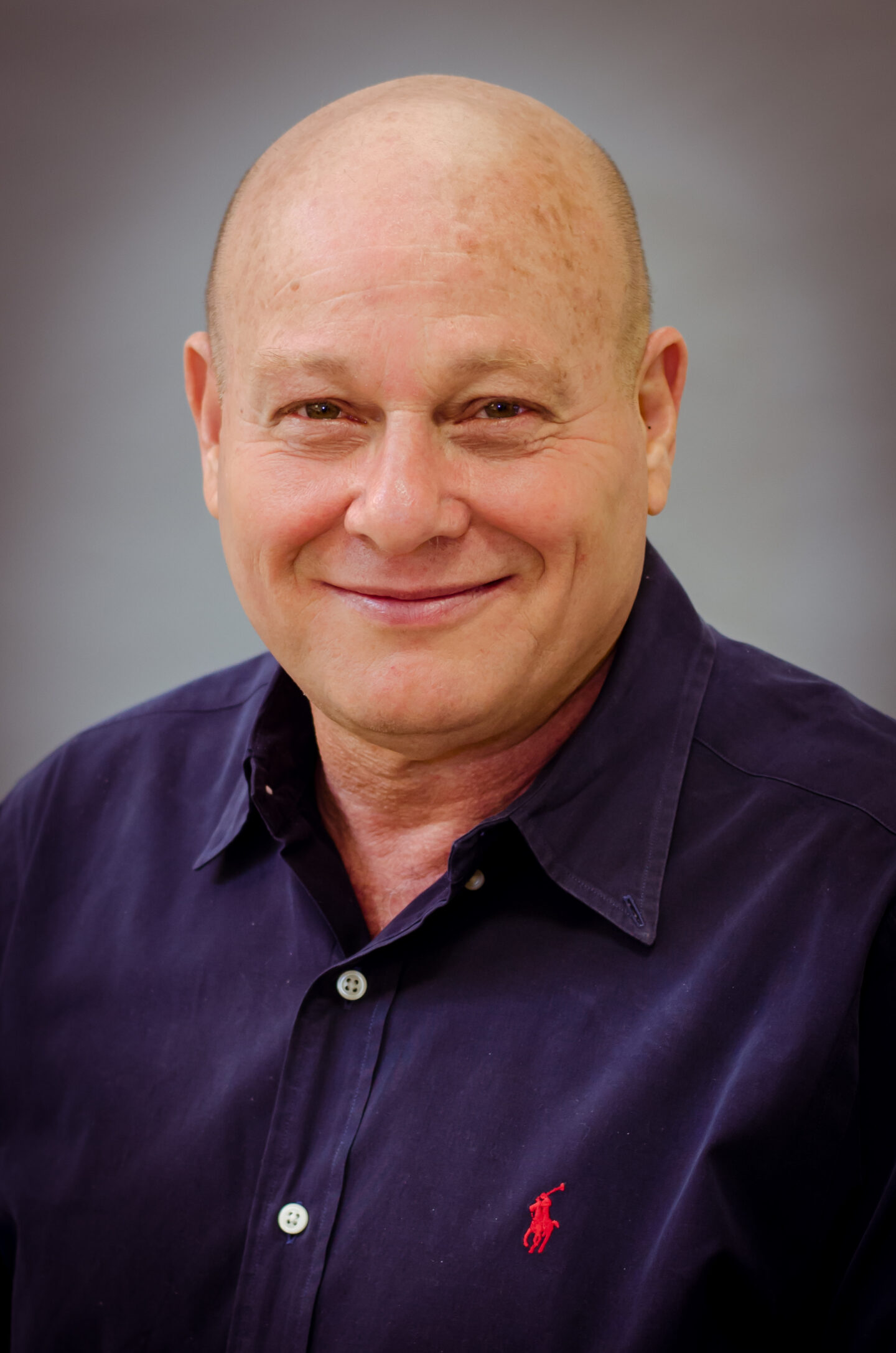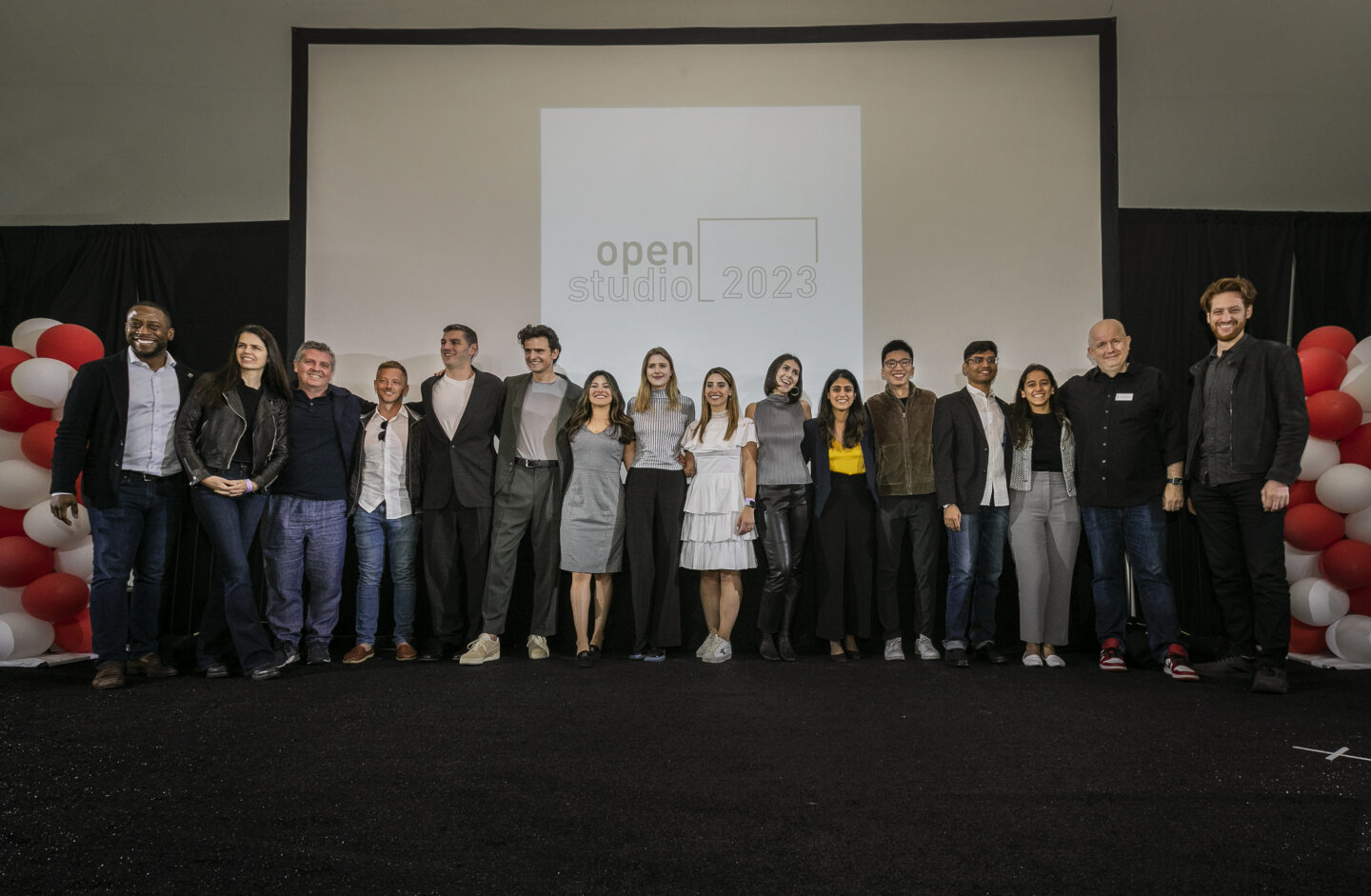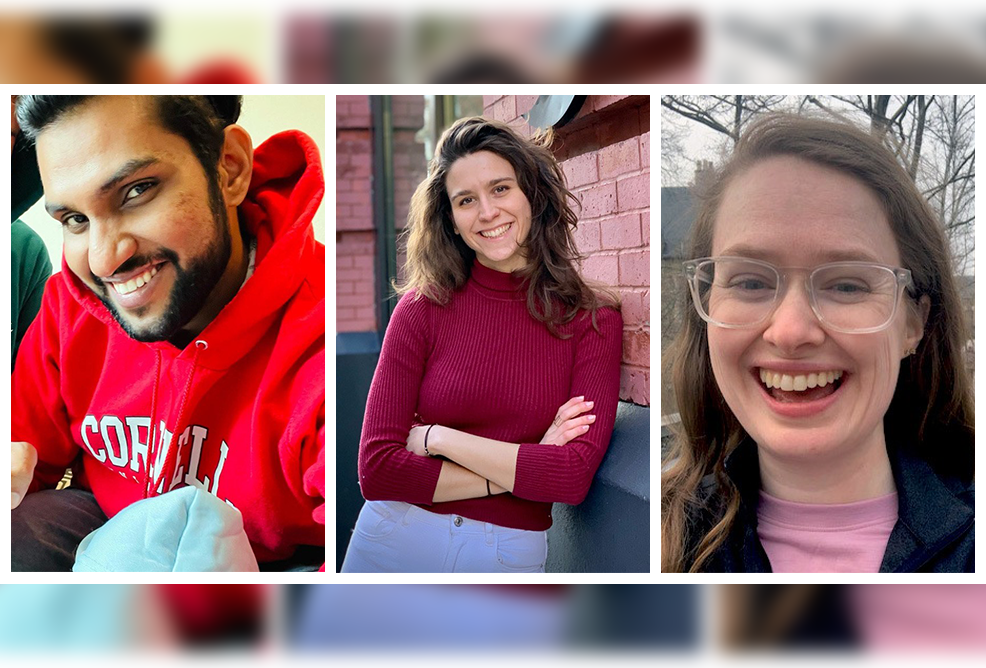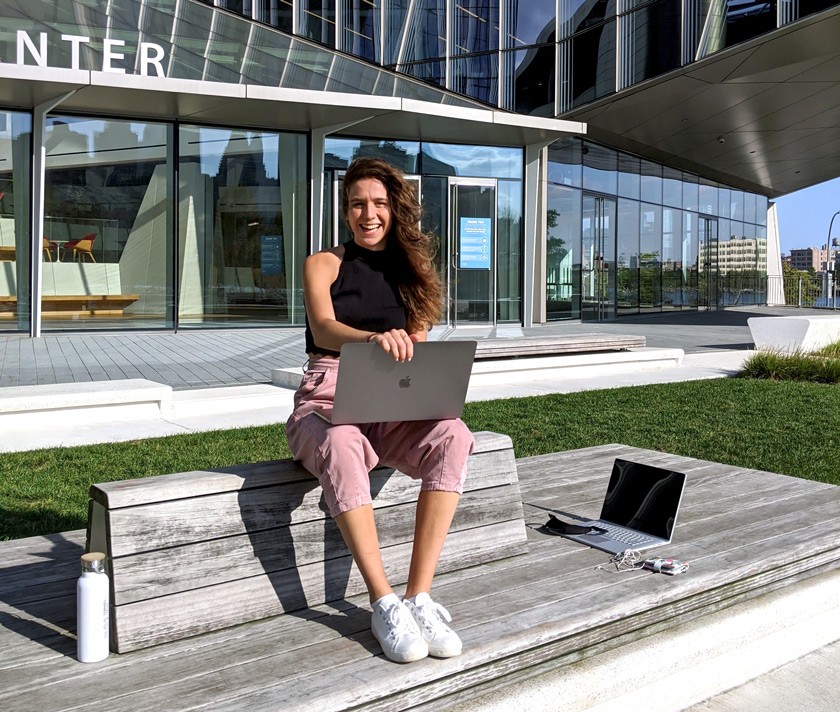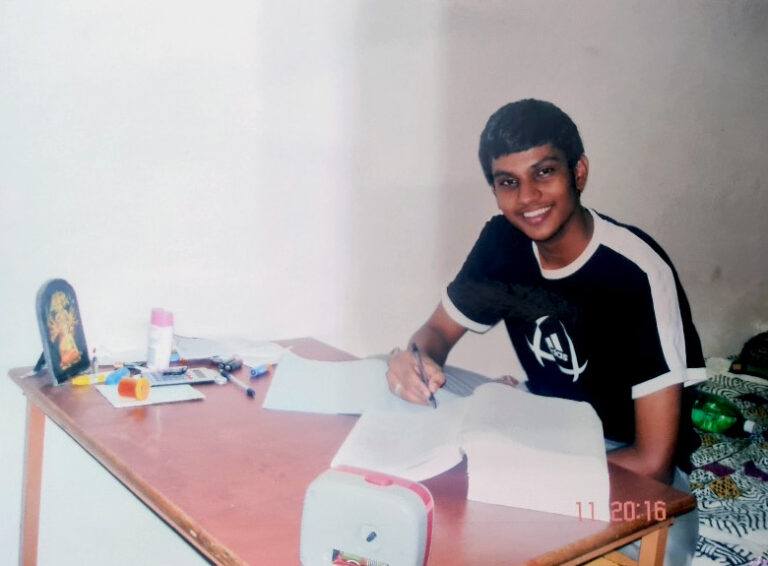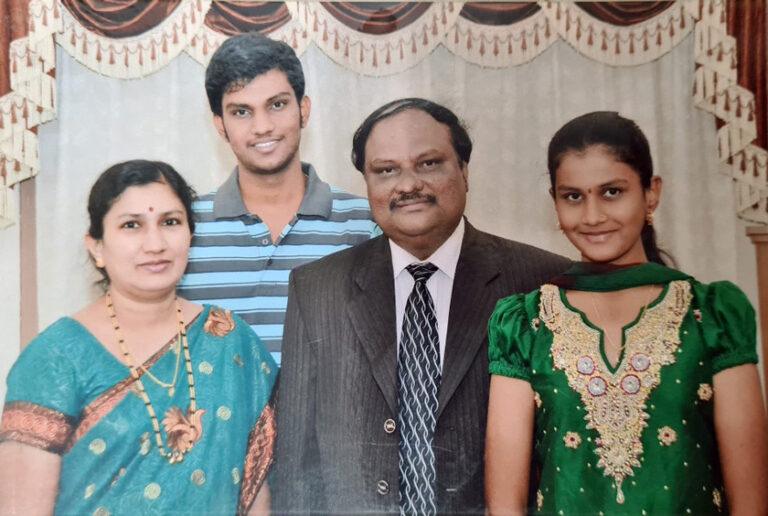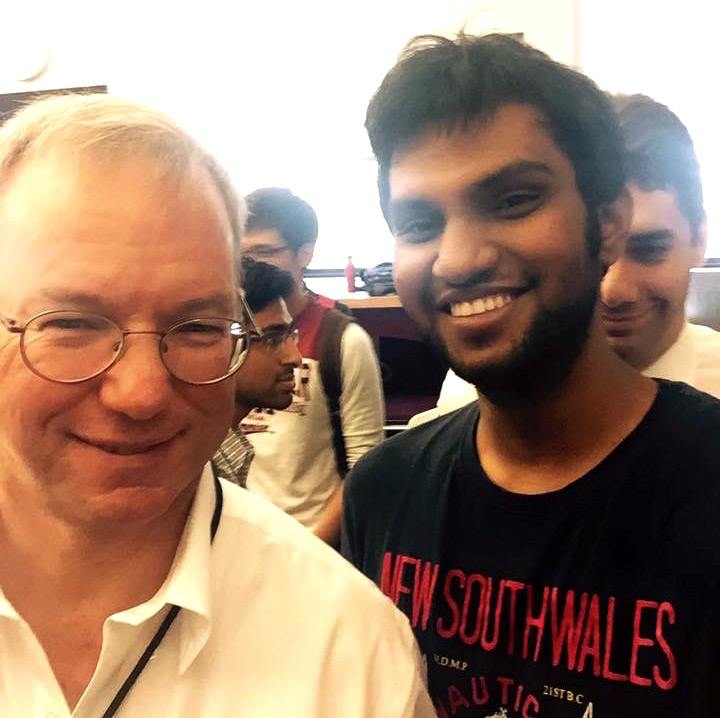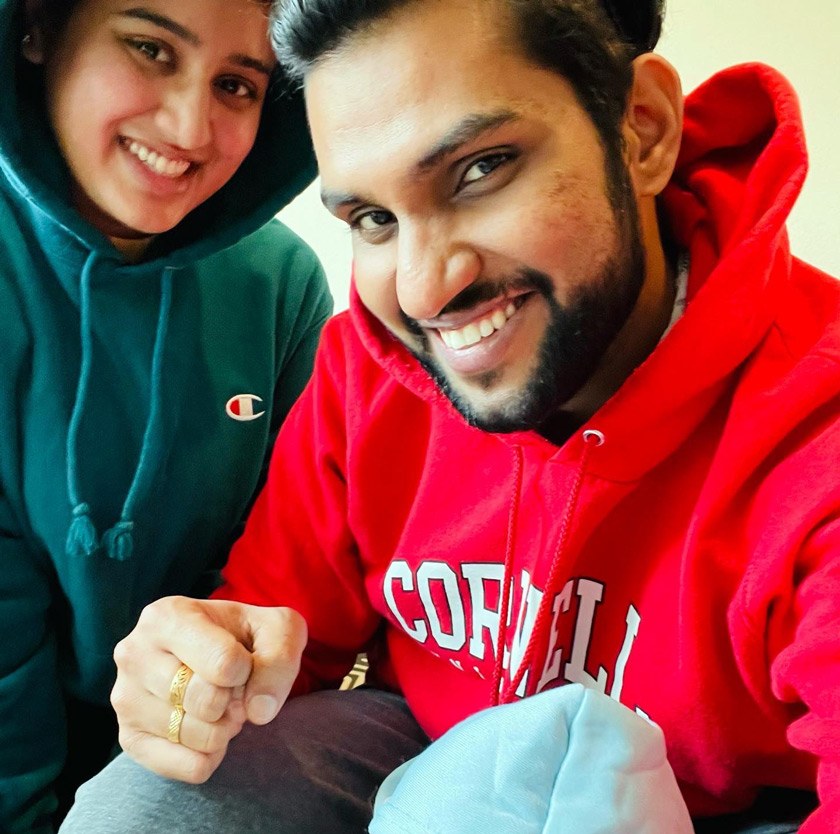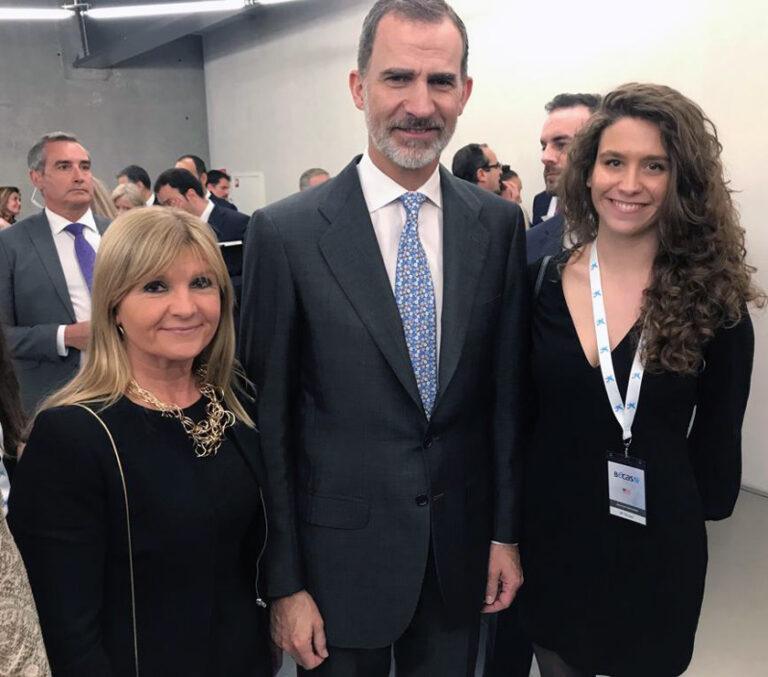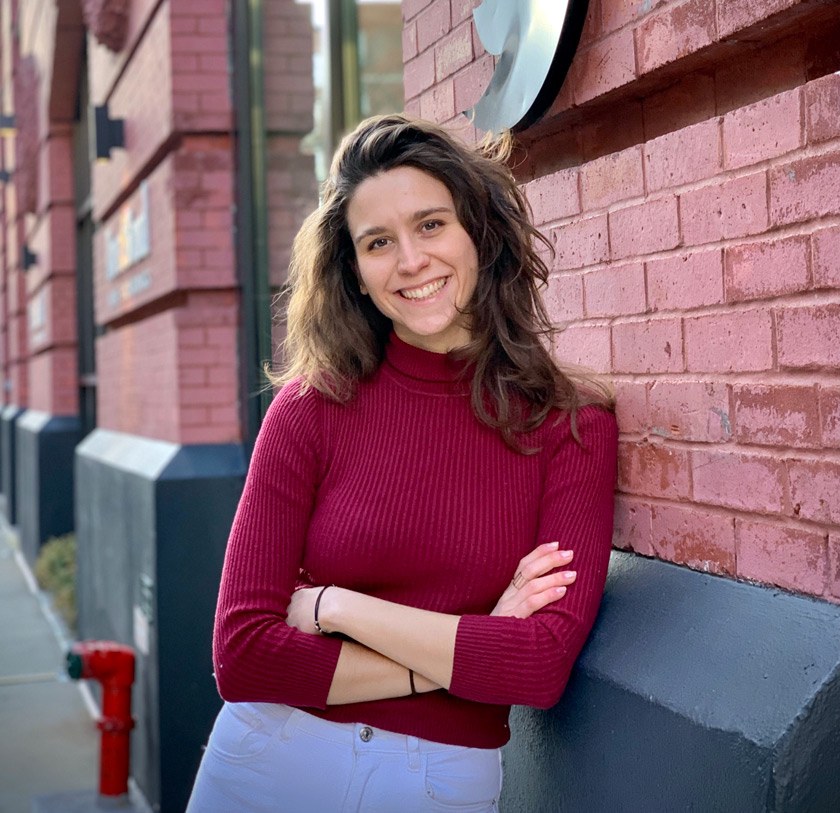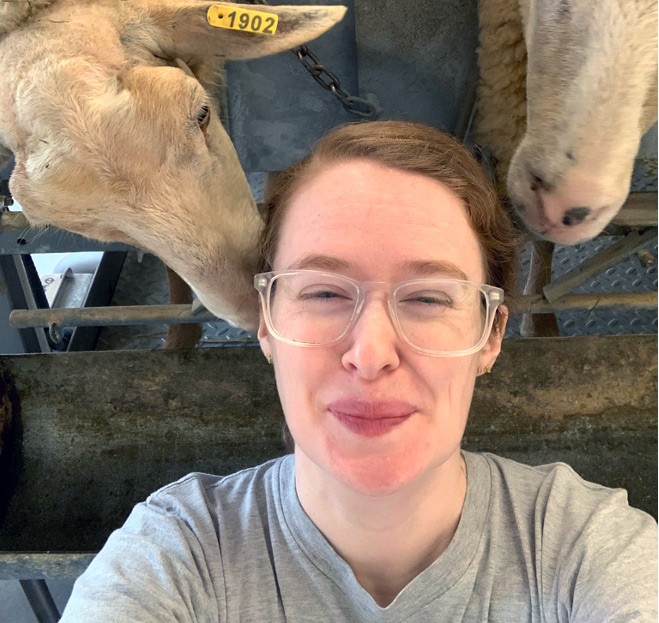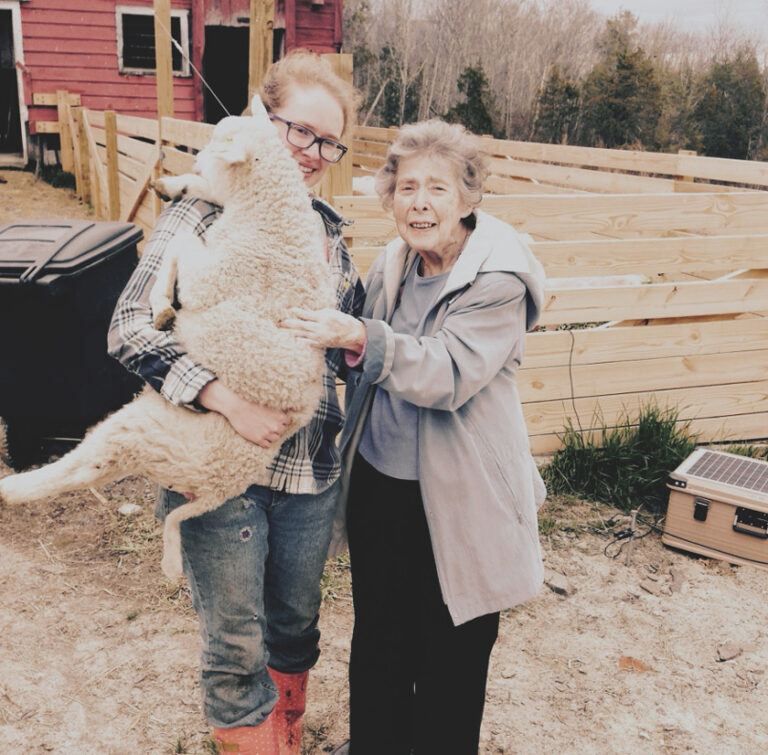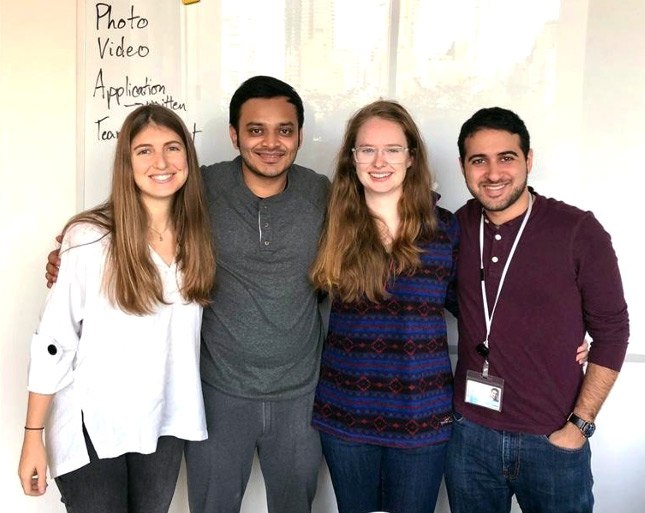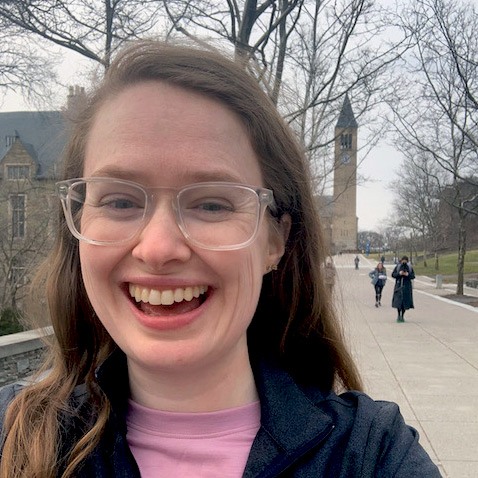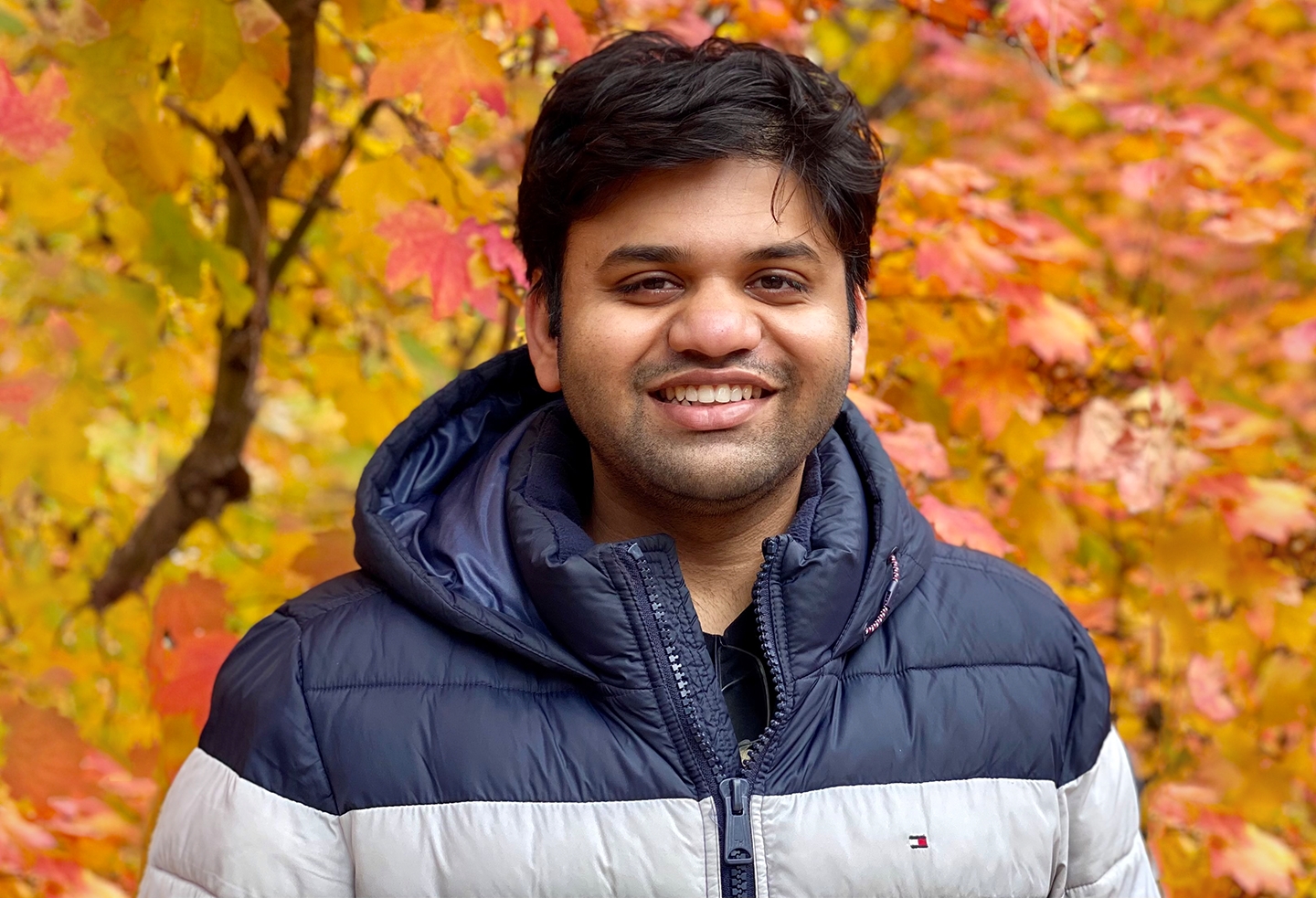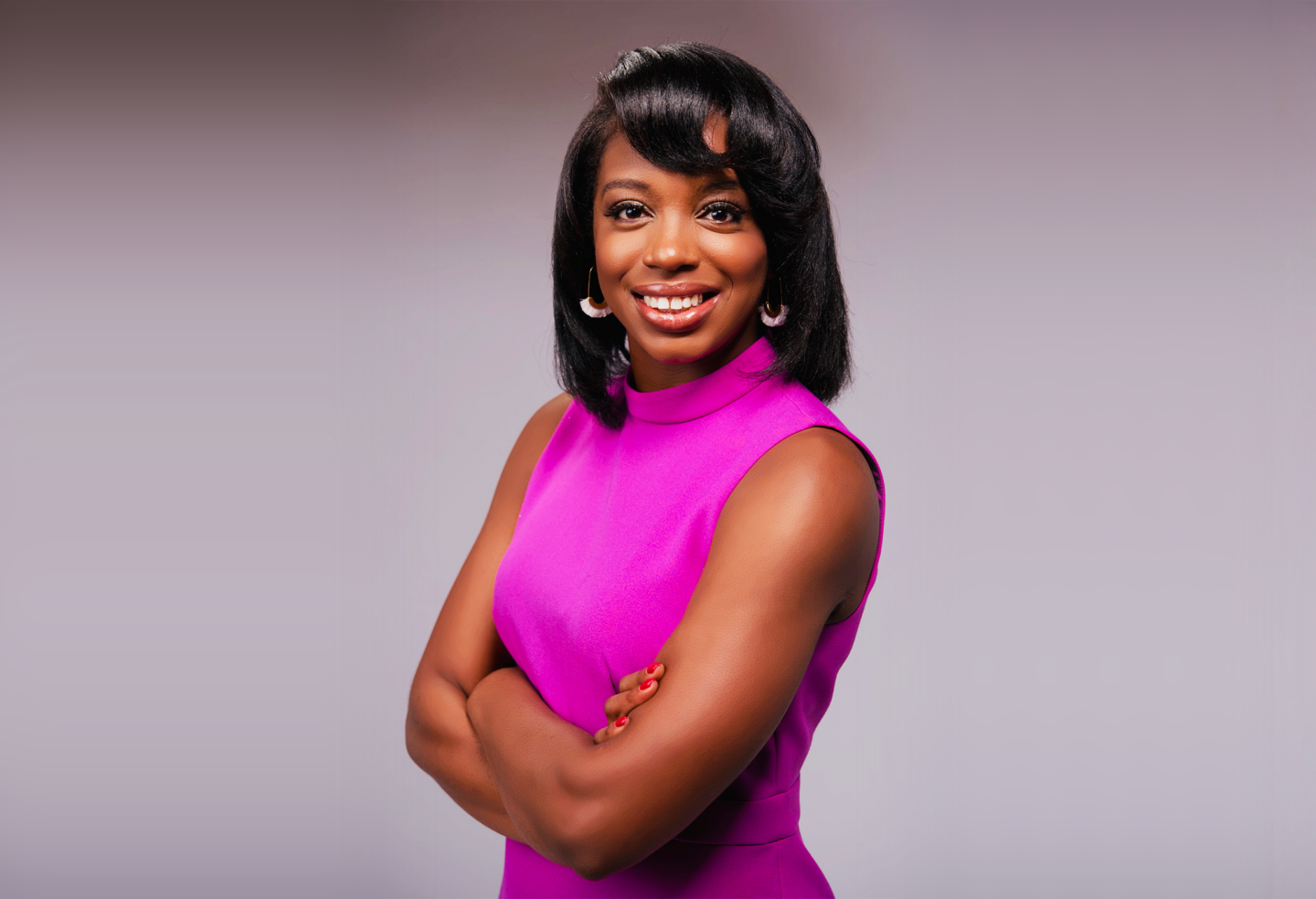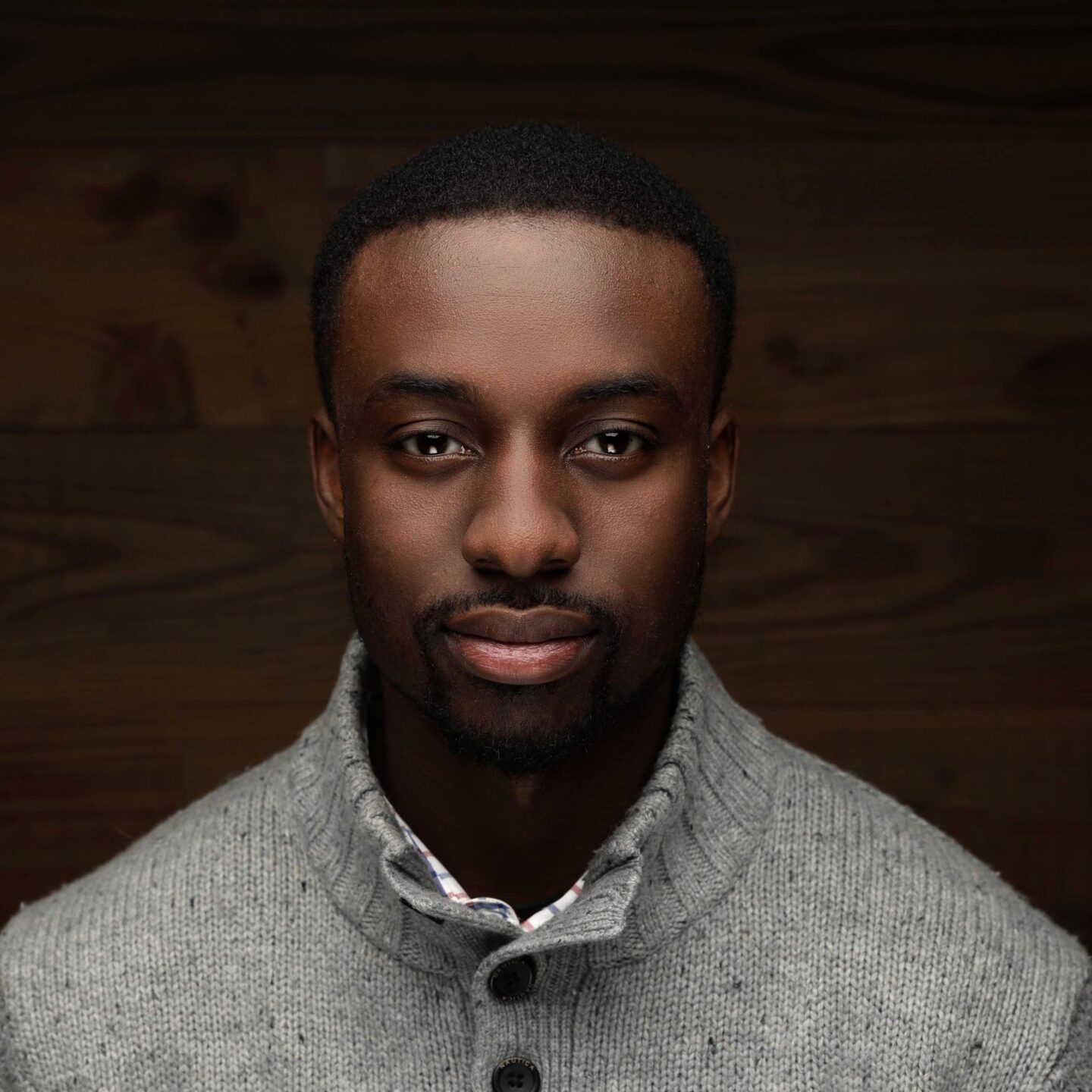The $26M initiative will work with top AI programs offered at Cornell Tech, MIT Schwarzman College of Computing and UCLA Samueli School of Engineering to increase access to undergraduate AI education for students in surrounding areas
New York, NY (April 13, 2022) — Break Through Tech, an initiative to increase the number of women and underrepresented minorities graduating with degrees in computing, today announced a $26 million investment to launch a new, critical artificial intelligence and machine learning program. Break Through Tech AI is a free 18-month program that will be offered to college undergraduate students across New York, Boston, and Los Angeles metropolitan areas and hosted at Cornell Tech, MIT Schwarzman College of Computing and the UCLA Samueli School of Engineering, respectively. This program was developed with input and expertise from leaders in the tech industry and academia and will scale to a total of six markets – including a virtual option – by 2025.
Funding from Melinda French Gates’ company Pivotal Ventures, Ken Griffin, Citadel and Citadel Securities, the Hopper-Dean Foundation and New Venture Fund will allow Break Through Tech to provide skills training, portfolio development and career mentoring to bridge the talent gap for underrepresented groups in data science, machine learning and AI careers.
Artificial intelligence (AI) is one of the fastest growing areas of employment in the tech industry with a growth rate of 344% in job openings in recent years, however women only account for roughly 18% of AI Researchers, Data Scientists and AI Engineers. By expanding access to resources through leading AI universities, the program is expected to reach 10% of female computing grads across the U.S. by 2025, providing them with the skills, experience, and mentoring to position them more competitively for careers in this field.
“Break Through Tech’s success at diversifying who is pursuing computer science degrees and careers has transformed lives and the industry,” said Judith Spitz, Founder and Executive Director of Break Through Tech, an initiative of Cornell Tech. “Thanks to the new funding from Pivotal Ventures, Ken Griffin, Citadel and Citadel Securities, Hopper-Dean Foundation and New Venture Fund, we can apply our impactful model to drive inclusion and diversity in artificial intelligence.”
Piloted in New York last summer, the program’s first cohort, hosted by Cornell Tech, included 40 women – more than half of whom identify as Black, Latina, Indigenous or who are low-income or first-generation college students. Cohort participants attend 18 different area colleges including eight CUNY schools, The Cooper Union, Rutgers University, New Jersey Institute of Technology and Stevens Institute of Technology, among others.
Break Through Tech will host the artificial intelligence and machine learning program at top ranked AI programs, such as Cornell Tech, MIT Schwarzman College of Computing and UCLA Samueli School of Engineering, and attract students from all three metropolitan areas to participate – with a goal that 75% of the participants are from universities that are outside these schools. Break Through Tech AI’s core programs will include:
- Data Science and Machine Learning Skills: Students participate in an 8-week, in-person, skills-based summer course that teaches industry-relevant tools to build real-world AI solutions. Students learn how to analyze real-world data sets and use several common machine learning libraries to build, train, and implement their own ML models in a business context. The curriculum has been developed in partnership with a committee of academic and industry leaders in the field including members of the Association for the Advancement of Artificial Intelligence.
- AI Studio: Following the summer course, students will build industry-relevant portfolios in a program that leverages the learning and experience from a component of Cornell Tech’s flagship Studio curriculum. Over the course of an academic year, Break Through Tech AI students will be matched with company-supplied machine-learning challenge projects. Working in teams, students from different universities will work together to build solutions to real-world challenges, collaborating closely with an industry advisor/mentor, resulting in a portfolio of resume-quality work.
- Coaching, mentorship and internship placement support: During the academic school year, students are matched with professionals in their field who facilitate Break Through Tech’s mentorship curriculum and help mentees to build their network, prepare their portfolio, practice for interviews, and cultivate their workplace skills. Additionally, Break Through Tech will activate its national collaborative of employer partners to help place students into career-accelerating internships and full-time jobs.
The biggest hurdles many women and other underrepresented groups in tech face when they try to get their foot in the door are access and experience. Typically, students who support themselves are unable to sacrifice a paycheck for an unpaid, extracurricular educational opportunity. For this reason, Break Through Tech AI will give a stipend to each student to support their participation in the program.
“We are incredibly proud of our Break Through Tech initiative and its crucial impact in closing the inexcusable gender and diversity gap in tech today,” said Cornell Tech Dean Greg Morrisett. “Tackling the artificial intelligence sector in tech is crucial for creating equitable products, economies, and policy, and we’re excited to support the massive contribution Break Through Tech AI will have on both academia and industry.”
“Helping position students from diverse backgrounds to succeed in fields such as data science, machine learning and artificial intelligence is critical for our society’s future,” said Daniel Huttenlocher, Dean of the MIT Schwarzman College of Computing. “We look forward to working with students from across the Greater Boston area through the Break Through Tech program to provide them with skills and mentorship to help them find careers in this competitive and growing industry.”
“We are delighted to be the first public university to host Break Through Tech’s AI program, which will help expand equitable access for students from diverse backgrounds to harness the power of AI for the good of humanity,” said Jayathi Murthy, the Ronald and Valerie Sugar Dean of UCLA Samueli School of Engineering. “Southern California is home to many leading and emerging tech companies, and UCLA, the nation’s No. 1 public university, with its extensive industry connections, is poised to provide students with the resources and support they need to thrive in their careers.”
“AAAI believes that this program can address a critical need for diversity in the AI industry,” said the Association for the Advancement of Artificial Intelligence. Launched in 2016 at Cornell Tech, Break Through Tech’s goal is to achieve gender equality in tech by working at the intersection of academia and industry to propel more under-represented women into computer science degrees and jobs. Since the program’s launch, over 3,000 students have been served – resulting in 61.5% more women enrolling as computer science majors and 95.4% more women graduating with a bachelor’s degree in computer science at the City University of New York, its first partner university. The program is now hosted in New York City, Chicago, the DC Metro Area, Miami, Boston and Los Angeles.
To learn more about getting involved in Break Through Tech or Break Through Tech AI, please visit this link.
###
About Break Through Tech
Break Through Tech works at the intersection of academia and industry to propel women into computing degrees and tech careers. Our programs are aimed at women during their early college years, with an emphasis on welcoming Black, Latina, Indigenous, and first-generation women, trans, and nonbinary students. Through innovative curriculum design, experiential learning, career preparation, and community-building opportunities, we prepare students to master the technical skills and gain the industry experience they need to launch their tech careers. Our Computing program is currently offered to students in New York City at the City University of New York, in Chicago at the University of Illinois-Chicago, in DC at George Mason University and University of Maryland College Park, and in Miami at Florida International University. Our AI program is currently hosted at Cornell Tech, MIT Schwarzman College of Computing, and the UCLA Samueli School of Engineering and is focused on welcoming students from across those regional metropolitan areas.
About Cornell Tech
Cornell Tech is Cornell University’s groundbreaking campus for technology research and education on Roosevelt Island in New York City. Our faculty, students and industry partners work together in an ultra-collaborative environment, pushing inquiry further and developing meaningful technologies for a digital society. Founded in partnership with the Technion-Israel Institute of Technology and the City of New York, Cornell Tech achieves global reach and local impact, extending Cornell University’s long history of leading innovation in computer science and engineering.
Media Contact:
BerlinRosen
cornell@berlinrosen.com





